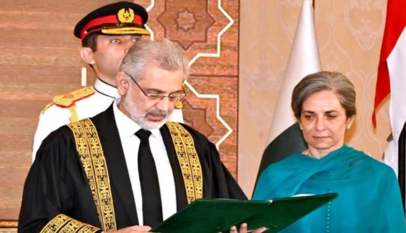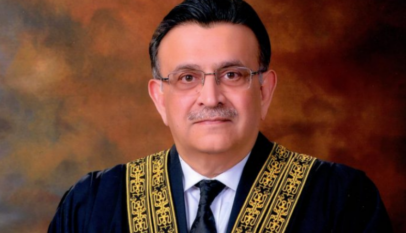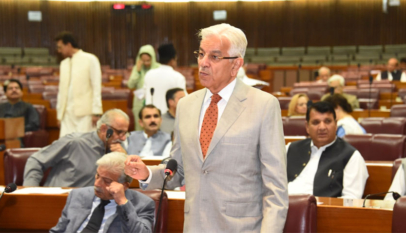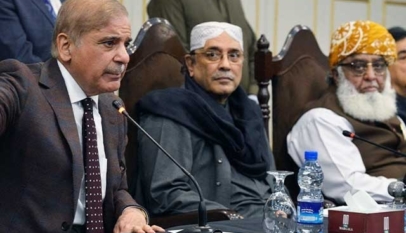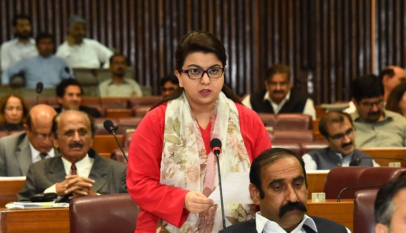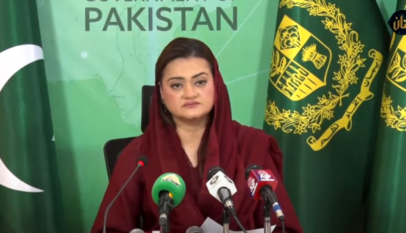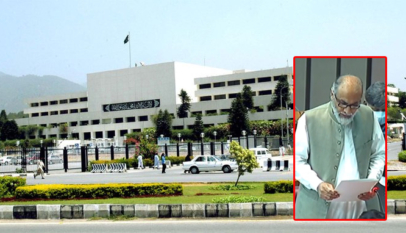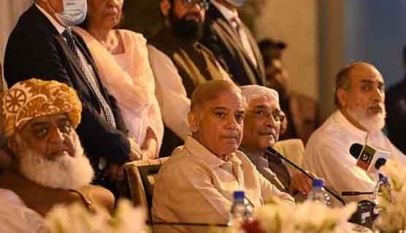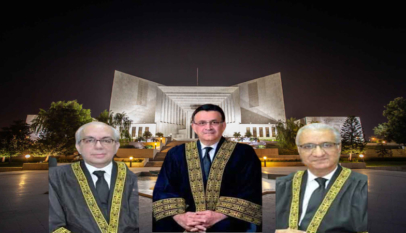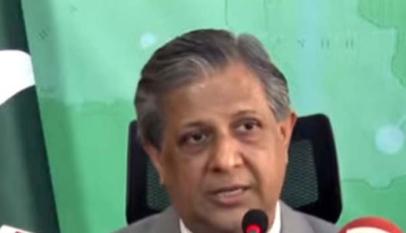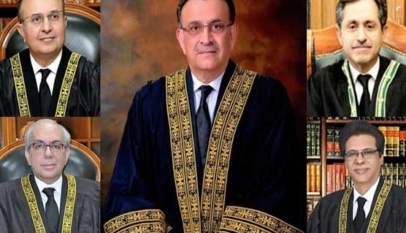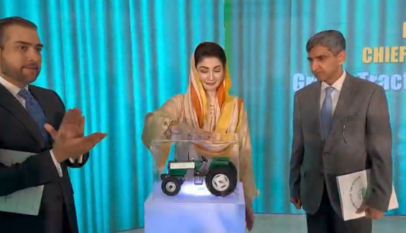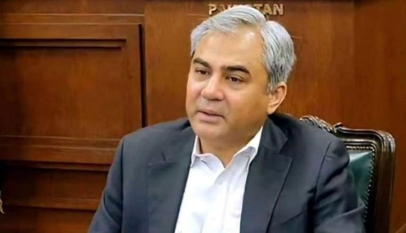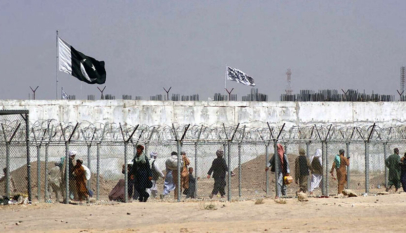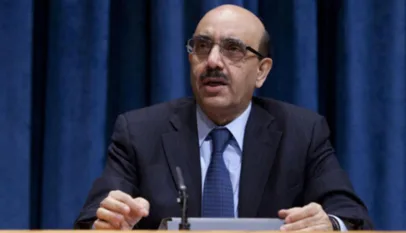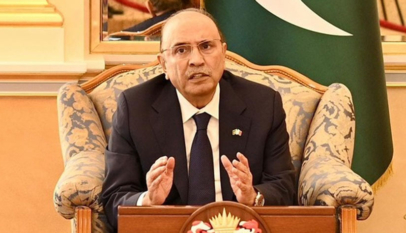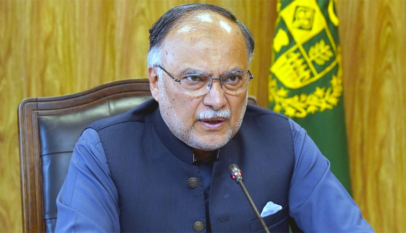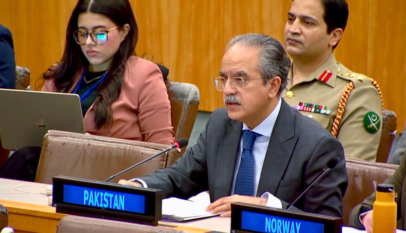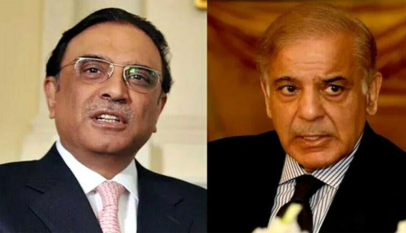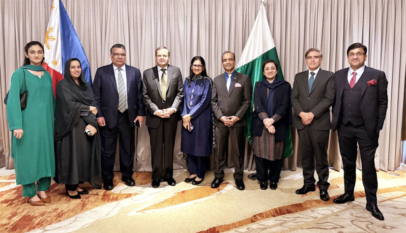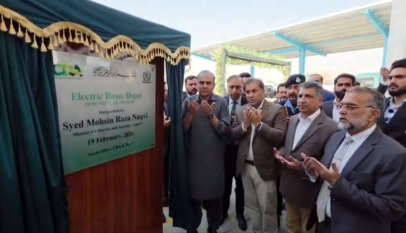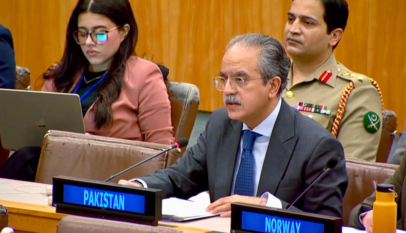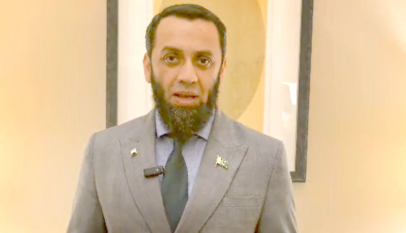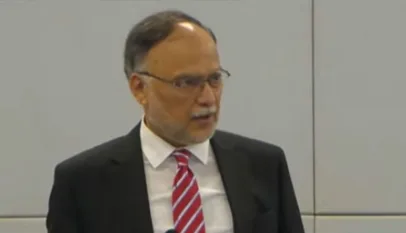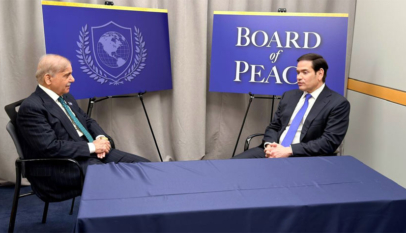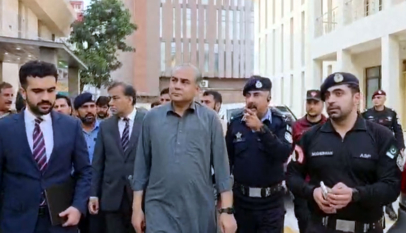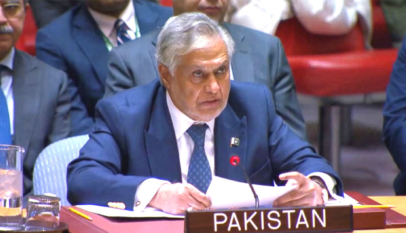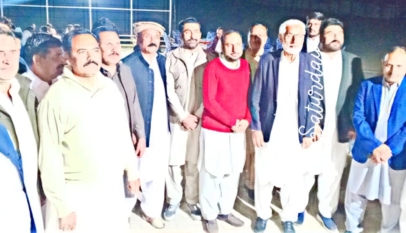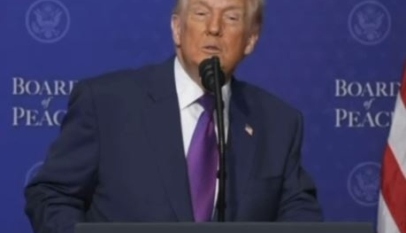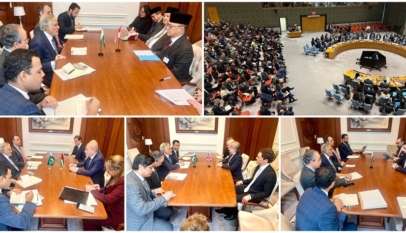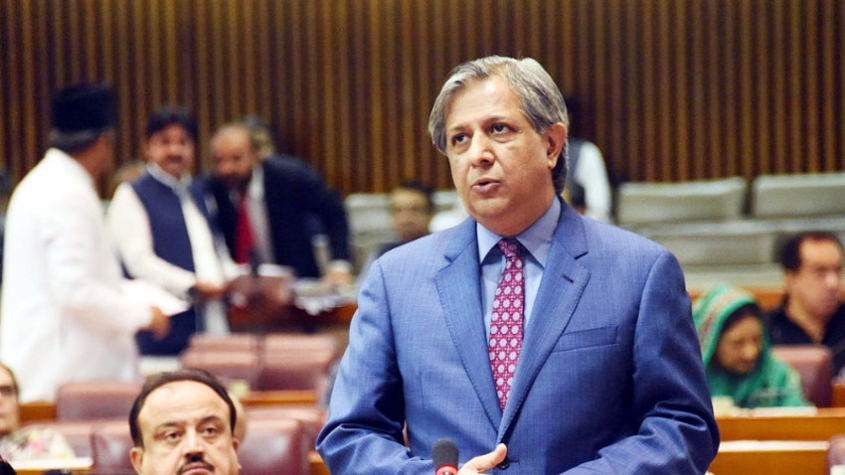
The Joint Sitting of the Parliament today passed the Supreme Court Practice and Procedure Bill, 2023.
The Bill proposes that every cause, appeal or matter before the Supreme Court shall be heard and disposed of by a bench constituted by a Committee comprising the Chief Justice of Pakistan and two senior most judges in order of seniority. It further states any matter invoking exercise of original jurisdiction under clause (3) of Article 184 of the Constitution shall be first placed before the committee for examination and if the committee is of the view that a question of public importance with reference to enforcement of any of the fundamental rights is involved then it shall constitute a bench comprising not less than three judges of the apex court , which may also include the members of the committee for adjudication of the matter.
The Bill recommends that an appeal shall lie within 30 days from the final order of a bench of the Supreme Court, who exercised jurisdiction to the larger bench of the apex court and such appeal shall for hearing be fixed within a period not exceeding fourteen days. Furthermore, it grants a party the right to appoint counsel of its choice for filing a review application. An application pleading urgency or seeking interim relief filed in a cause, appeal or matter shall be fixed for hearing within 14 days from the date of its filing.
It was moved by Law Minister Azam Nazir Tarar.
Earlier, it was passed by both the Houses of the Parliament and sent to the President for former approval making it into law. But the President returned the Bill to the Parliament for review.
The Senate on Monday passed a resolution demanding that the general elections for the National Assembly and all the provincial assemblies should be held simultaneously for strengthening the federation.
The resolution moved by Tahir Bizenjo noted that the House firmly believes that political stability is important for economic stability.
It said that according to the spirit of article 280, the general elections for all the assemblies must be held simultaneously on its stipulated time under neutral caretaker setups to bring true political and economic stability.





